Fastening the Future: Choosing Sustainable Alternatives to Plastic Buttons
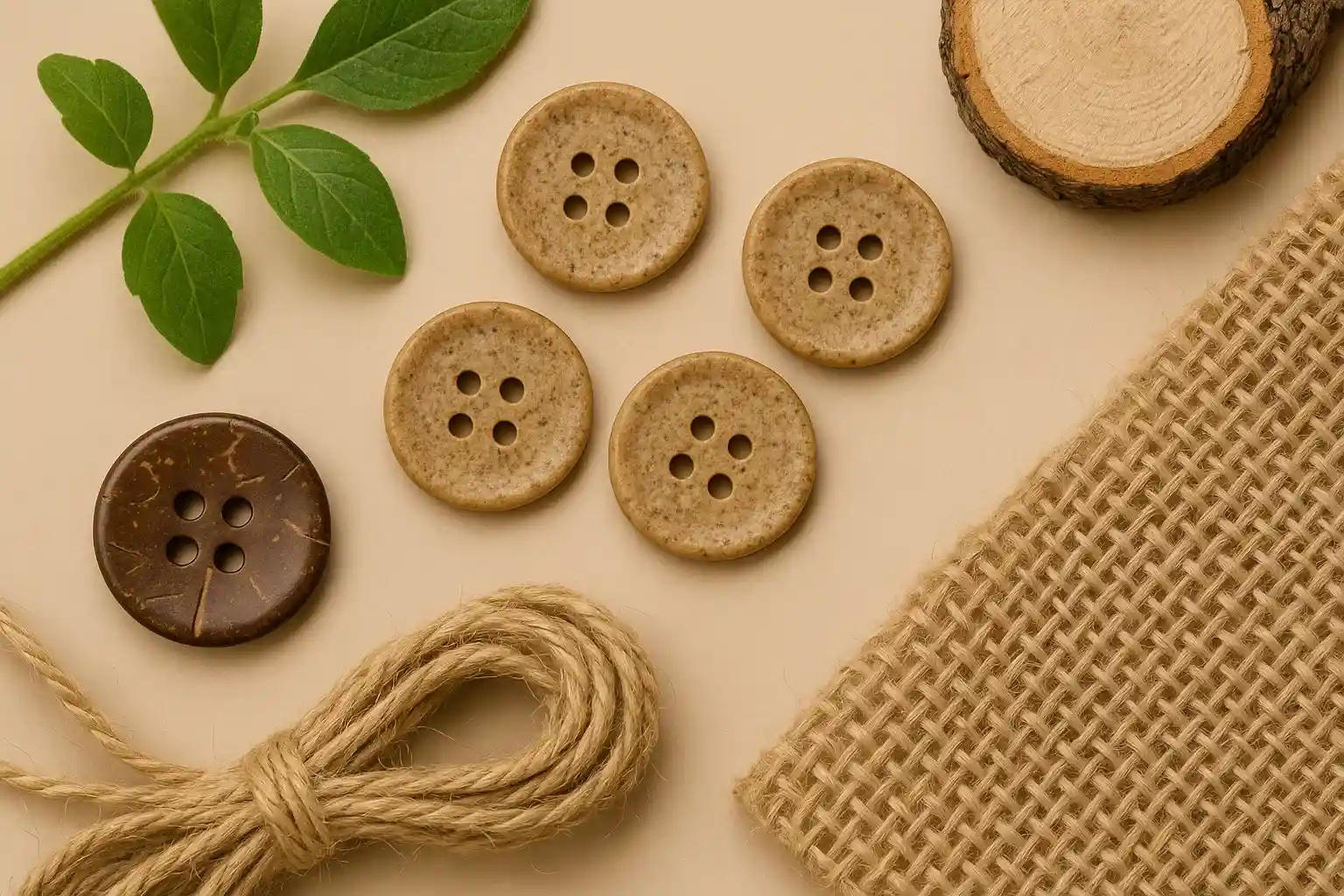
The seemingly small and often overlooked button plays a crucial role in the functionality and aesthetic of our clothing. Securing garments, adding decorative accents, and contributing to the overall design, buttons are a ubiquitous component of the fashion industry. For decades, plastic buttons, made from various synthetic polymers, have been the dominant choice due to their affordability and versatility. However, the sheer volume of plastic buttons produced and eventually discarded globally contributes significantly to the ever-growing problem of plastic waste. These non-biodegradable fasteners persist in landfills for centuries, and their production relies on fossil fuels and energy-intensive processes. For the environmentally conscious individual seeking more sustainable and natural options, a range of biodegradable alternatives exists, offering the same functionality and style without the harmful environmental impact.
The lifecycle of a plastic button, from the extraction of raw materials to its energy-intensive manufacturing and eventual disposal, exemplifies the linear consumption model that plagues the fashion industry. As non-biodegradable items, plastic buttons contribute to the mountains of waste accumulating in landfills. Their small size often belies their collective impact, as billions are produced and discarded annually. Recognizing this unsustainable pattern, many designers and consumers are seeking more responsible and eco-conscious alternatives that minimize waste and utilize renewable resources.
Fortunately, a variety of natural and biodegradable materials offer compelling replacements for plastic buttons. By choosing buttons made from coconut shell, the durable and naturally patterned corozo (tagua nut), or the timeless appeal of wood, we can fasten our clothing in a way that aligns with our environmental values. These alternatives not only reduce our reliance on plastic but also often add a unique and artisanal touch to our garments, enhancing their overall sustainability and aesthetic.
Closing the Loop with Style: Exploring Biodegradable Button Options
Moving beyond the environmental concerns of plastic buttons opens up a world of natural and renewable fastening solutions:
Coconut Shell Buttons: Tropical Elegance and Natural Waste Reduction
Coconut shell buttons offer a unique and sustainable alternative, utilizing a readily available byproduct of the coconut industry. The hard shells of coconuts, often discarded as waste, can be transformed into beautiful and durable buttons with a natural, tropical aesthetic. Coconut shell is a biodegradable material, ensuring that these buttons will return to the earth responsibly at the end of their lifespan. Their natural variations in color and texture add a unique touch to clothing. The Sustainable Haberdashery is an excellent resource for finding various sustainable sewing supplies, including coconut shell buttons.
Corozo (Tagua Nut) Buttons: The Vegetable Ivory
Corozo buttons, often referred to as vegetable ivory, are made from the seeds of the tagua palm tree. These nuts have a similar hardness and appearance to animal ivory but are a completely plant-based and sustainable alternative. The harvesting of tagua nuts provides an income source for local communities in South America and helps to protect rainforests by offering a non-timber forest product. Corozo buttons can be dyed in a wide range of colors and offer excellent durability and a unique natural grain. Their biodegradability further enhances their appeal as an eco-conscious choice.
Wood Buttons: Timeless Appeal and Renewable Resource
Wood buttons, crafted from sustainably harvested wood, offer a classic and biodegradable alternative to plastic. Wood is a renewable resource when managed responsibly (look for FSC certification), and wooden buttons add a natural warmth and texture to clothing. They are available in various types of wood, sizes, and finishes, offering versatility for different garment styles.
Completing Your Sustainable Wardrobe: Mindful Fastening Choices
By consciously choosing buttons made from coconut shell, corozo, or wood, we can make a small yet significant impact on reducing plastic waste in the fashion industry. Opting for natural and biodegradable fasteners aligns our clothing choices with a more sustainable and environmentally responsible approach to style.
Related Blogs
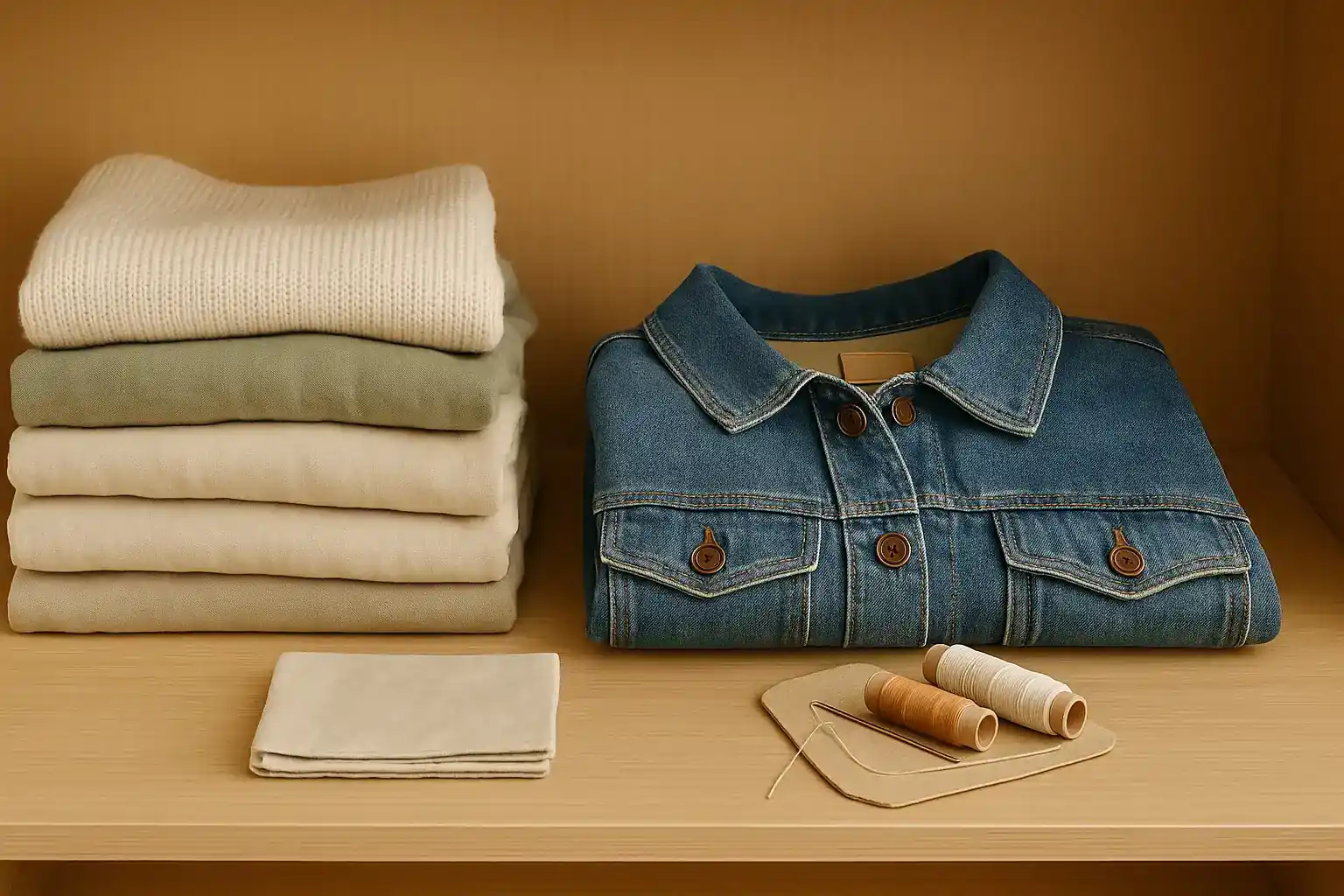
10 Transformative Wardrobe Swaps for a Lighter Environmental Fashion Footprint
Learn how to reduce your fashion footprint with impactful wardrobe swaps.
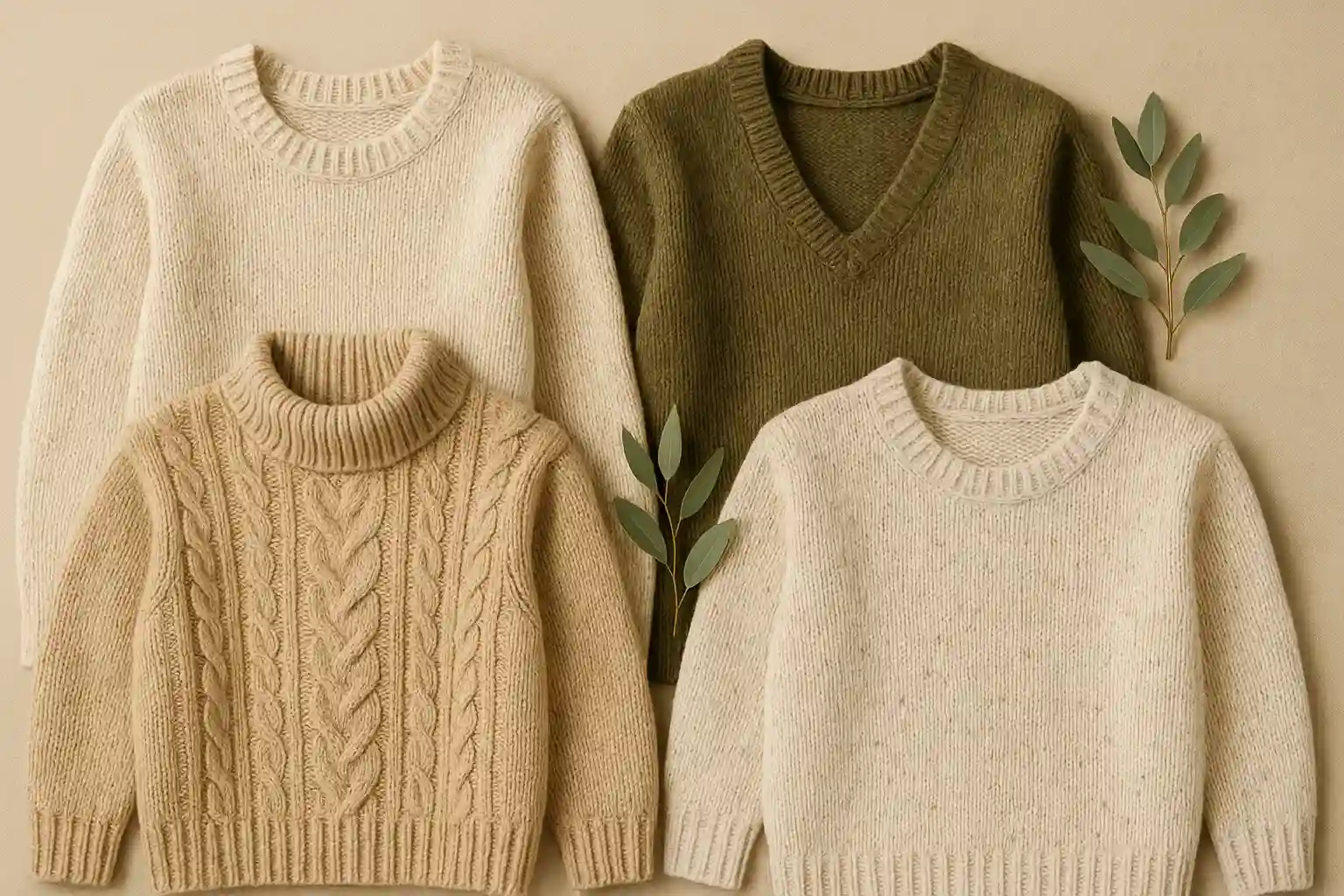
Wrap Yourself in Responsibility: Choosing Sustainable Alternatives to Acrylic Sweaters
Upgrade to durable and breathable wool (certified farms), alpaca, or Tencel-blend knits.
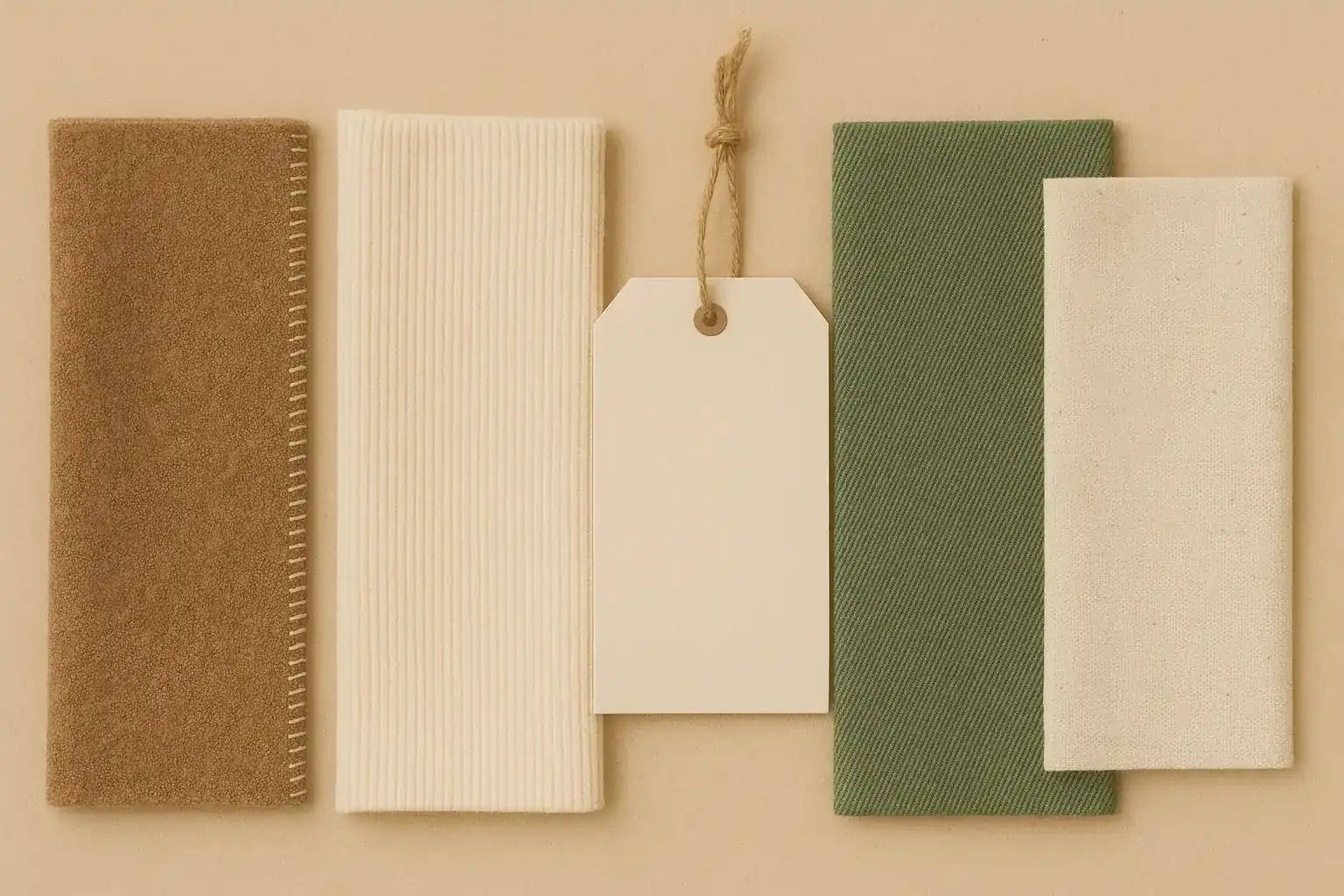
Decoding Fabric Labels: What's Really Sustainable?
Insights on decoding fabric labels in a sustainable way.

Outsmarting the Dry Cleaner: Choosing Machine Washable Naturals for a Toxin-Free Wardrobe
Avoid toxic PERC solvents by opting for machine washable organic cotton and linen clothing.
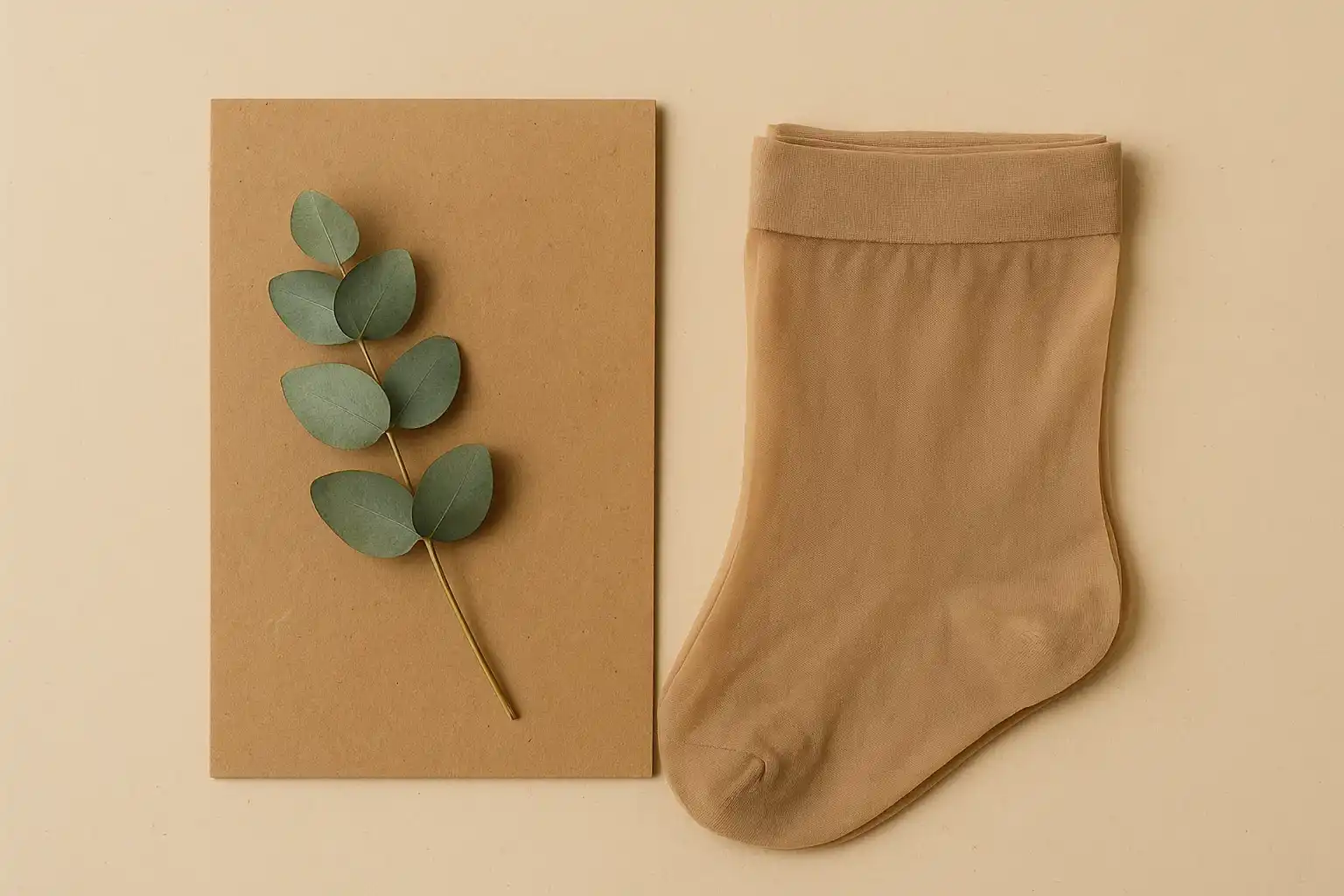
Step Lightly: Choosing Sustainable Alternatives to Nylon Stockings
Opt for recycled nylon, biodegradable, or ladder-resistant hosiery for longer wear and less waste.
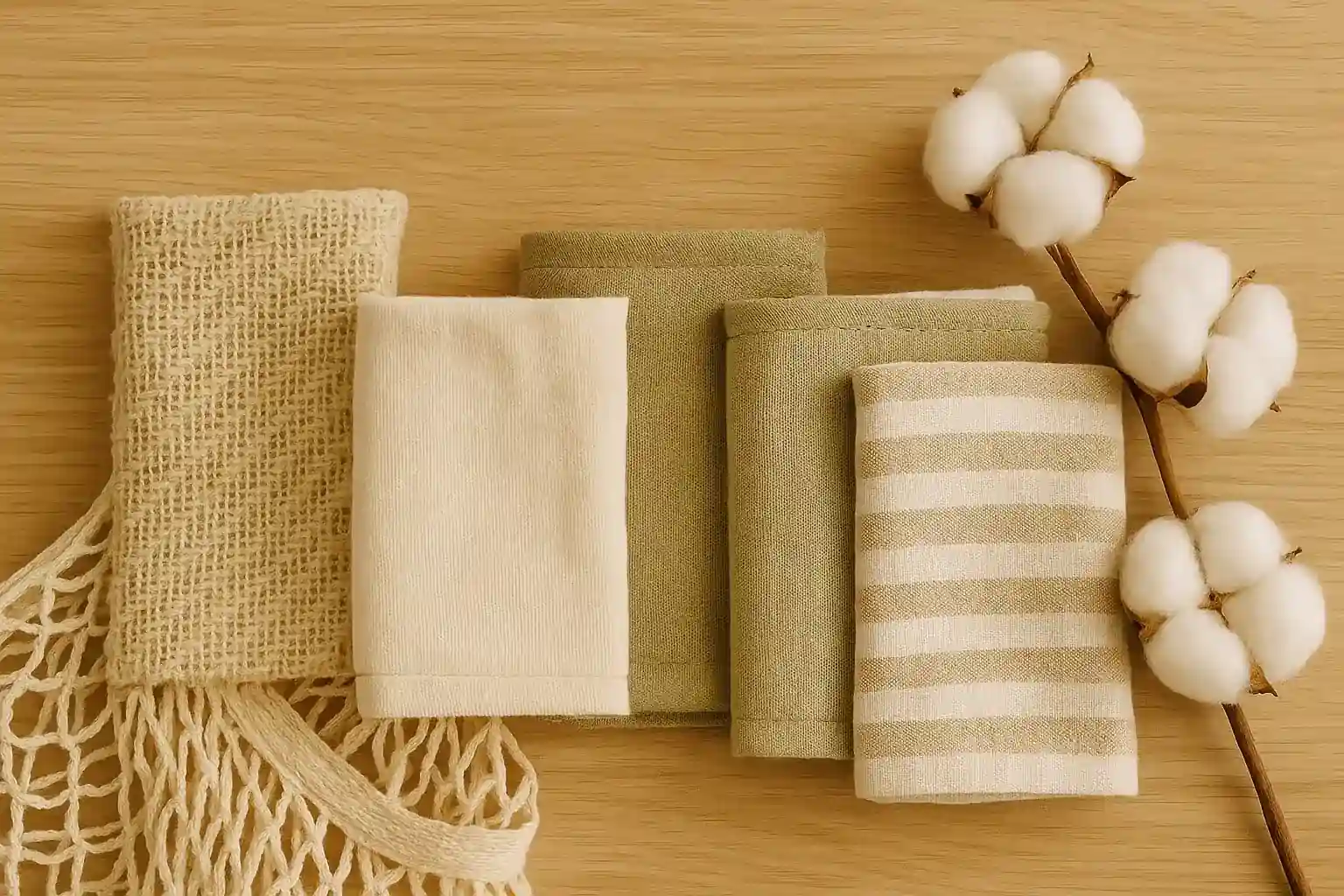
Eco-Friendly Fabrics 101: What to Look For
A beginner’s guide to identifying sustainable & low-impact fabrics.
Stay in the Loop
Get tips and insights tailored to your interests — no spam, just sustainability.